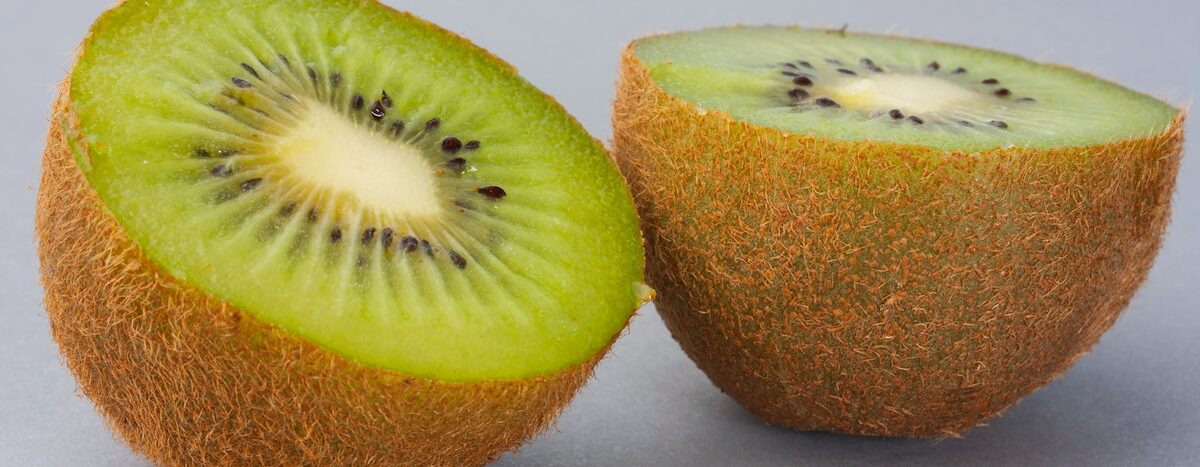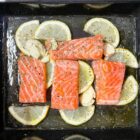
Constipation is… the pits. It means difficulty having a bowel movement or having less than three bowel movements per week. Unfortunately, it’s common — roughly half of IBS patients and 27% of the world’s population suffer from it. It’s uncomfortable, and rarely talked about (because, who really likes talking about pooping?). Luckily, there are things you can do with your diet and lifestyle to help alleviate this issue. If you suffer from constipation, take these tips to mind and see if they help.
1. Eat More Fiber (i.e. Plants)
Plant foods contain fiber, which is essential for regular bowel movements. Most Americans don’t get enough. It’s estimated that most Americans get 15 grams of fiber per day, and the recommended intake is between 25-35 grams per day. The only way to get fiber into your diet is to get plant foods, such as vegetables, fruits, whole-grains, nuts, seeds, and legumes into your diet. If these foods are not abundant in your daily intake, then you probably aren’t meeting those fiber requirements.
Furthermore, it’s important to understand that there are several different types of fiber, such as soluble (dissolves in liquids), insoluble (doesn’t dissolve in liquids), and resistant starches (slowly fermentable in the large intestine). There’s conflicting research over which is the best type of fiber to treat constipation. Some studies highlight insoluble fiber as being the best solution while others insist that soluble, fermentable fiber is ideal. Luckily, in nature most foods contain a mix of soluble fiber, insoluble fiber, and resistant starches.
So instead of focusing on the specific types and amount of fiber to consume, try to focus on eating a wider variety of plant foods. Research shows that higher dietary fiber intake from fruits, legumes, and vegetables is associated with a lower incidence of constipation. Here are some specific recommendations for increasing you diet to include a wide variety of plants/fiber:
- Eat at least three vegetables per day (I recommend eating at least one serving with lunch and dinner)
- Eat at least two servings of fruit per day
- Eat a variety of colors of vegetables and fruits, with skin on (soluble fiber)
- Aim to eat legumes at least one time per week
- Aim to eat nuts and seeds daily
Be aware that it’s best to increase your fiber intake slowly. Also, if you are FODMAP sensitive or find that eating more fiber doesn’t help, then it may be a good idea to work with a doctor or dietitian. They can help ensure the type and amount of fiber you are eating is right for you. Supplements may also be helpful but need to be tailored to your specific needs.
Research shows that higher dietary fiber intake from fruits, legumes, and vegetables is associated with a lower incidence of constipation.
2. Drink Enough Water
It is really difficult to have a bowel movement if you are dehydrated. However, most research shows that drinking enough water is helpful to prevent constipation, but not necessarily to treat it. Drinking enough water is key to keeping your bowels working properly. If you struggle with constipation, making sure you’re getting enough fluids is essential. Aim for at least eight eight-ounce glasses of water per day (the 8×8 rule).
3. Move Your Body Daily
Moving your body daily may help to get your bowels moving, too. Aim to include physical activity into your daily routine. Exercise can also help to reduce stress and improve your overall quality of life.
4. Eat Two Kiwis Per Day
Yes, you read that right. Seems random, but eating two kiwis per day appears to be a safe and effective treatment for constipation. Studies have found that eating two green kiwifruit per day over a period of four weeks helps to treat constipation in individuals with IBS. An additional study found that daily consumption of green kiwifruit leads to bulkier, softer and more frequent stools in healthy, elderly people without IBS. Researchers aren’t quite sure why kiwifruit is so beneficial for constipation — it could be the fiber component? It could be the fact that kiwi contains an enzyme, Actinidin, which may play a role in promoting laxation? Whatever it is, we do know that kiwifruit seems to work. It is low FODMAP, inexpensive, and a tasty way to treat constipation!
If you tried these tips and are still struggling with constipation, be sure to check back here next — I will be diving into the top three supplements I recommend in my practice that help ease constipation.
- Eating Behavior (47)
- Grocery Shopping Tip (9)
- Gut Health (42)
- Healthy Eating (49)
- Low FODMAP (13)
- Nutrition Articles (32)
- Recipes (27)
- Uncategorized (4)


